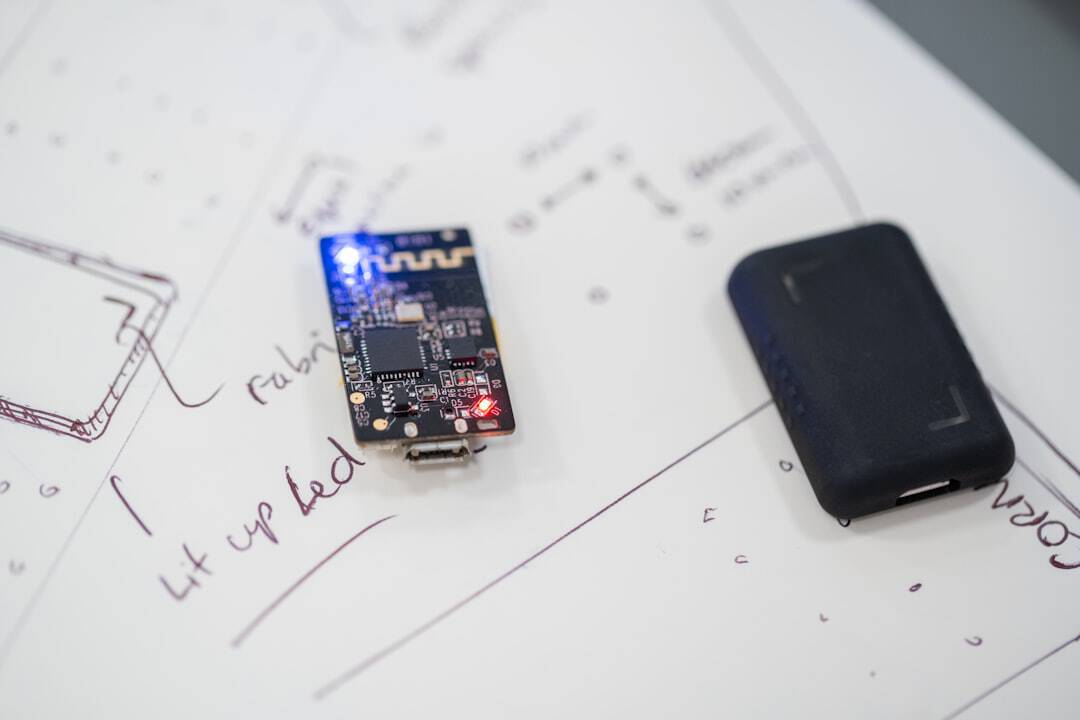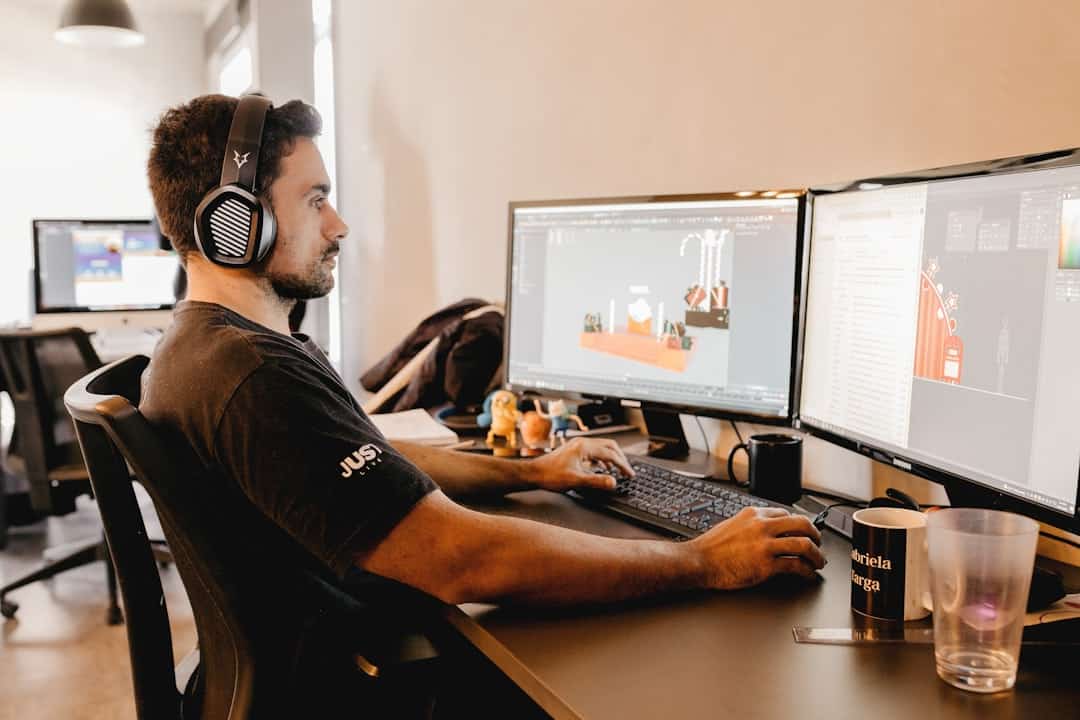The concept of the Metaverse has gained significant traction in recent years, often described as a collective virtual space that merges physical and digital realities. At its core, the Metaverse offers an immersive experience where users can interact with a computer-generated environment and other users in real-time. This digital realm is characterized by its ability to create a sense of presence, allowing individuals to engage in activities ranging from socializing to gaming, all while transcending the limitations of the physical world.
In contrast, real life is defined by tangible experiences, where interactions are grounded in the physical presence of people and objects. While the Metaverse can replicate certain aspects of real life, such as social interactions and commerce, it lacks the sensory richness and emotional depth that come from face-to-face encounters. Despite these differences, there are notable similarities between the Metaverse and real life.
Both environments facilitate social connections, allowing individuals to form relationships, collaborate, and share experiences. In the Metaverse, users can create avatars that represent them, enabling a form of identity expression that mirrors real-life interactions. Additionally, both realms are influenced by cultural norms and societal structures, shaping how individuals behave and interact within them.
As technology continues to evolve, the lines between the Metaverse and real life may blur further, leading to a hybrid existence where digital and physical experiences coexist and complement one another.
Key Takeaways
- The Metaverse and real life have both differences and similarities, offering unique experiences and challenges.
- Virtual Reality is rapidly advancing, but it is not on the verge of replacing real life as it offers different experiences and limitations.
- The impact of virtual realities on physical experiences is significant, with potential implications for industries such as travel, entertainment, and education.
- Virtual Reality technology is shaping the way we interact with the world, offering immersive experiences and new opportunities for exploration and learning.
- The future of reality is likely to involve a balance of virtual and physical experiences, with virtual realities playing a significant role in our lives while coexisting with real life interactions.
Virtual Reality Takeover: Is the Metaverse on the Verge of Replacing Real Life?
The rapid advancement of virtual reality (VR) technology has sparked discussions about whether the Metaverse could eventually replace real life. Proponents argue that as VR becomes more sophisticated, it will offer experiences that are not only comparable to but potentially superior to those found in the physical world. With immersive environments that can simulate everything from breathtaking landscapes to intricate social gatherings, the Metaverse presents an enticing alternative for individuals seeking escapism or enhanced experiences.
The allure of a boundless digital universe, where one can explore, create, and connect without the constraints of reality, raises questions about the future of human interaction and experience. However, the notion of the Metaverse replacing real life is met with skepticism by many. While VR can provide extraordinary experiences, it cannot fully replicate the nuances of human emotions and connections that arise from physical interactions.
The warmth of a hug, the spontaneity of a shared laugh, or the comfort of a friend’s presence cannot be entirely captured in a virtual setting. Furthermore, concerns about mental health implications arise as individuals may become overly reliant on virtual experiences at the expense of their physical well-being. The potential for addiction to virtual environments poses a significant challenge, suggesting that while the Metaverse may enhance certain aspects of life, it is unlikely to replace the fundamental human need for genuine connection and interaction.
Digital vs Physical: Examining the Impact of Virtual Realities on Physical Experiences

The emergence of virtual realities has undeniably impacted how we perceive and engage with physical experiences. In many ways, digital environments have expanded our horizons, allowing us to experience places and activities that may be inaccessible in real life. For instance, virtual travel experiences enable individuals to explore distant lands without leaving their homes, providing a sense of adventure and discovery that might otherwise be unattainable due to financial or logistical constraints.
Additionally, virtual events such as concerts or conferences have gained popularity, offering participants a chance to engage with content and communities from around the globe without the need for physical presence. Conversely, this shift towards digital experiences raises questions about the value of physical interactions and activities. As people increasingly turn to virtual platforms for entertainment and socialization, there is a risk that they may neglect real-world experiences that foster personal growth and connection.
The tactile sensations of nature, the thrill of live performances, or even simple gatherings with friends can create lasting memories that virtual experiences may struggle to replicate. This dichotomy between digital and physical experiences highlights a critical tension in contemporary society: while virtual realities offer convenience and accessibility, they also challenge our understanding of what it means to truly engage with the world around us.
VR Immersion: How Virtual Reality Technology is Shaping the Way We Interact with the World
Virtual reality technology has revolutionized how we interact with our surroundings by creating immersive environments that engage multiple senses. Through VR headsets and haptic feedback devices, users can experience a heightened sense of presence within digital spaces, allowing them to navigate complex scenarios that would be impossible in real life. This level of immersion has profound implications for various fields, including education, therapy, and entertainment.
For instance, educators can utilize VR simulations to create interactive learning experiences that enhance student engagement and retention. Similarly, therapists are exploring VR as a tool for exposure therapy, helping patients confront fears in a controlled environment. Moreover, VR technology is reshaping social interactions by providing new avenues for connection.
Virtual gatherings allow individuals from different geographical locations to come together in shared spaces, fostering collaboration and community building in ways that were previously unimaginable. As users engage with one another through avatars and interactive elements, they can form relationships that transcend physical boundaries. However, this shift also raises questions about authenticity in communication; while virtual interactions can be enriching, they may lack the depth and nuance found in face-to-face conversations.
As we continue to embrace VR technology, it is essential to consider how these new forms of interaction will influence our understanding of relationships and community.
The Future of Reality: Predicting the Role of Virtual Realities in Our Lives
As we look toward the future, it is clear that virtual realities will play an increasingly significant role in our lives. The integration of augmented reality (AR) and mixed reality (MR) technologies alongside VR will likely create a more seamless blend between digital and physical experiences. This convergence could lead to innovative applications across various sectors, including healthcare, retail, and entertainment.
For example, AR could enhance shopping experiences by allowing consumers to visualize products in their own homes before making a purchase decision. In healthcare, MR could facilitate remote surgeries or training simulations for medical professionals. However, as virtual realities become more prevalent, society must grapple with potential challenges related to privacy, security, and mental health.
The collection of data within these digital environments raises concerns about user privacy and consent; individuals may unknowingly share sensitive information while navigating virtual spaces. Additionally, as reliance on virtual experiences grows, there is a risk of exacerbating feelings of isolation or disconnection from reality. Striking a balance between embracing technological advancements and safeguarding mental well-being will be crucial as we navigate this evolving landscape.
Social Implications of the Metaverse: How Virtual Realities are Changing Human Interaction

The rise of the Metaverse has profound social implications that are reshaping human interaction in both positive and negative ways. On one hand, virtual realities provide unprecedented opportunities for connection; individuals can forge friendships across vast distances and engage with diverse communities that share similar interests or passions. This democratization of social interaction allows marginalized voices to find representation in spaces where they may have previously felt excluded.
Furthermore, virtual events can foster inclusivity by accommodating individuals who may face barriers to participation in traditional settings due to mobility issues or geographical constraints. On the other hand, the shift towards virtual interactions raises concerns about authenticity and emotional depth in relationships. While avatars can serve as representations of individuals’ identities, they may also create barriers to genuine connection by allowing users to curate their personas selectively.
This phenomenon can lead to superficial interactions that lack the emotional resonance found in face-to-face communication. Additionally, as people become more immersed in virtual environments, there is a risk that they may prioritize online relationships over real-life connections, potentially leading to feelings of loneliness or disconnection from their immediate surroundings.
Ethical Considerations: Addressing the Potential Consequences of a Virtual Reality Dominated World
As we venture deeper into a world dominated by virtual realities, ethical considerations become increasingly paramount. One significant concern revolves around issues of consent and agency within digital spaces. Users must navigate complex environments where their actions may have unintended consequences or where their data is collected without explicit permission.
The potential for exploitation or manipulation within these realms raises questions about who holds power over virtual identities and experiences. Ensuring that users have agency over their interactions and data will be crucial in fostering trust within these emerging platforms. Moreover, there are ethical implications related to mental health and well-being in a VR-dominated world.
As individuals immerse themselves in virtual environments for extended periods, there is potential for addiction or escapism that detracts from their engagement with reality. The responsibility lies not only with users but also with developers and platform creators to design experiences that prioritize mental health considerations. Implementing features that encourage breaks from prolonged use or promoting healthy online behaviors can help mitigate potential negative consequences associated with excessive immersion in virtual realities.
In an era where virtual realities are becoming increasingly integrated into our daily lives, finding a balance between digital engagement and real-life experiences is essential for holistic well-being. Embracing technology does not necessitate abandoning physical interactions; rather, it calls for a thoughtful approach that recognizes the value of both realms. Individuals can benefit from setting boundaries around their use of virtual platforms while actively seeking opportunities for face-to-face connections with friends and family.
By prioritizing real-life interactions alongside digital engagement, individuals can cultivate meaningful relationships that enrich their lives. Furthermore, society as a whole must engage in conversations about how to navigate this intersection responsibly. Educators, policymakers, and technologists should collaborate to develop frameworks that promote healthy engagement with virtual realities while safeguarding mental health and well-being.
By fostering an environment where both digital and physical experiences coexist harmoniously, we can harness the potential of technology without sacrificing the richness of human connection inherent in real life. Ultimately, striking this balance will be key to ensuring that as we embrace new realities, we do so in ways that enhance our lives rather than diminish them.
Exploring the potential of virtual realities to supplant our everyday experiences, it’s crucial to understand how these technologies facilitate human connections. An insightful article, Entering the Metaverse: Connecting with Others, delves into the social dynamics within virtual spaces. It examines how platforms in the metaverse are designed to foster interactions that could rival real-life engagements, offering a glimpse into the evolving landscape where virtual and physical realities might converge. This piece is a valuable resource for anyone interested in the social implications and opportunities of immersive virtual environments.
FAQs
What is the Metaverse?
The Metaverse is a collective virtual shared space, created by the convergence of virtually enhanced physical reality and physically persistent virtual reality. It is a concept that has gained popularity in recent years with the advancement of virtual reality and augmented reality technologies.
Will virtual realities ever replace real life?
It is unlikely that virtual realities will completely replace real life. While virtual realities offer immersive and interactive experiences, they cannot fully replicate the complexities and nuances of real life interactions and experiences.
What are the potential uses of the Metaverse?
The Metaverse has the potential to be used for a wide range of applications, including social interactions, entertainment, education, training, virtual conferences, virtual commerce, and more. It could also be used for simulations and virtual experiences that are not possible in the physical world.
What are the challenges of the Metaverse?
Some of the challenges of the Metaverse include technical limitations, privacy and security concerns, ethical considerations, and the potential for addiction and escapism. Additionally, there are concerns about the impact of the Metaverse on real-world social interactions and mental health.
How is the Metaverse different from virtual reality?
The Metaverse is a broader concept that encompasses virtual reality, augmented reality, and other immersive technologies. Virtual reality refers specifically to computer-generated simulations that immerse users in a 3D environment, while the Metaverse includes a wider range of virtual experiences and interactions.











Leave a Reply